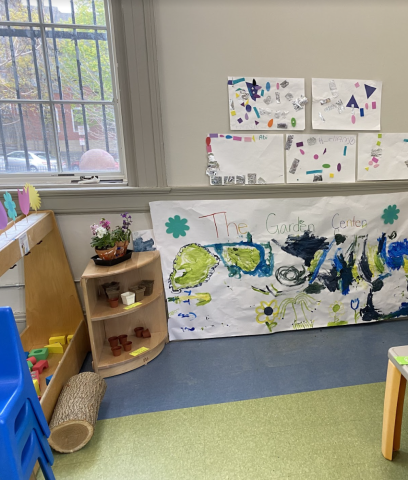Expanding Children’s Early Learning from Pre-K to Third Grade (ExCEL P3) Study
Summary
The Expanding Children’s Early Learning (ExCEL) project is part of the Early Learning Network, an Institute of Education Sciences-funded network examining current policies and practices, identifying malleable factors associated with early learning and achievement, and developing tools to assess early learning instruction, interactions, and environments. The Boston ExCEL project is led by MDRC and has followed a cohort of Boston students from Pre-K to 5th grade. The longitudinal study is focused on identifying malleable factors that promote children’s success into elementary schools, including the role of curriculum alignment in sustaining the Pre-K boost. There is also an experimental component of the project focused on estimating impacts of instructional alignment across Pre-K and kindergarten on student outcomes. This project is funded by Arnold Ventures.

Research Objectives
The ExCEL P-3 project is addressing the following overarching questions:
- How can positive outcomes for children be sustained from Pre-K programs into the elementary grades and beyond?
- What combinations of curricula and professional development help teachers improve Pre-K quality and maximize improvements in children’s outcomes over time?
- What are the impacts of an approach to align curricula and professional development across Pre-K and kindergarten on students’ outcomes through third grade?
Timeline
The project was launched in 2014 and data collection began in the fall of 2016. Primary data collection was paused due to COVID-19 restrictions but is continuing in the 2022 - 2023 school year.
Impact of RPP
The length and breadth of this project necessitates strong partnership and shared understanding of the goals. The RPP structure has paved the way for strong communication directly with schools and educators, the ability to pivot as needed given the pandemic, and continued learning for both researchers and district staff. The team presents findings back to district staff and educators regularly. Findings have been used to develop a curriculum fidelity tool used in the Boston Pre-K program and guide teacher professional development related to strengthening the implementation of curricula and instructional practices.
Funders
Institute of Education Sciences, US Department of Education











